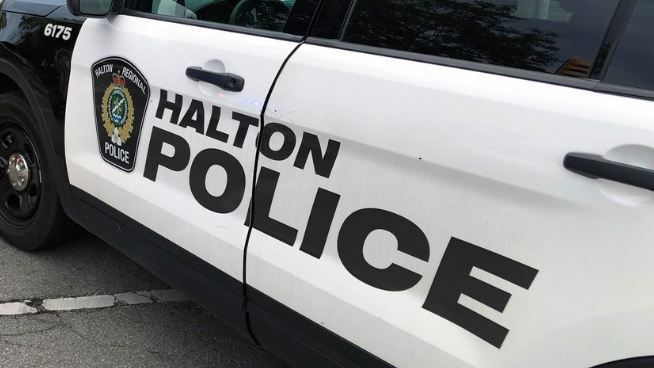
The Reduce Impaired Driving Everywhere (RIDE) program has kicked off in time for the holiday season. The traffic initiative, which aims to deter drunk driving with spot checks conducted throughout the year, is more focused during the holiday season due to an increase in impaired driving.
During the seven-week long campaign, Halton Regional Police Service (HRPS) employ an advanced set of tools to detect drunk and otherwise impaired drivers. Once these drivers are identified, they are promptly charged and taken off the road.
Within 30 minutes of the first official stop check of this holiday campaign, an impaired driver was charged and taken off the road in Oakville.
30 minutes into the official launch of our @HaltonPolice Festive RIDE campaign in #Oakville and our traffic officers have one in custody for #ImpairedDriving. #IfYouDrinkDontDrive pic.twitter.com/VndnOabLSu
— HRPS Oakville (@HRPSOak) December 18, 2022
HRPS officers took the opportunity to remind residents that a rash decision has consequences long into the future.
“Imagine waking up for work the next morning and not being able to drive. In fact, not being able to drive for months.”
Although consent regarding testing is an oft misunderstood area, a breath test is a demand. Due to Mandatory Alcohol Screening (MAS), HRPS officers can demand a breath test from a legally stopped driver, including those who are pulled over during the holiday RIDE campaign, regardless of whether or not there is evidence or suspicion that the driver is impaired.
Here are impaired driving laws for you to revise, courtesy of HRPS:
- The maximum legal blood alcohol concentration (BAC) for fully licensed drivers is to be under 80 milligrams of alcohol in 100 millilitres of blood, or a ‘BAC of 0.08 BAC.'
- Driving with a BAC of 0.08 or over is a criminal offence and the penalties are severe.
- In Ontario, you will also face serious consequences if your BAC is between 0.05 and 0.08. This is commonly referred to as the ‘warn range.'
- Drivers age 21 or under, novice drivers of any age (with G1, G2, M1, or M2 licenses), and commercial motor vehicle operators must not have any presence of alcohol or drugs in their blood when behind the wheel. This is commonly referred to as the ‘zero tolerance' rule.
- If police determine that you have the presence of cannabis or alcohol in your system and/or that you are impaired by any substance, including illegal drugs, prescription drugs, or over-the-counter medications, you will face severe consequences and potential criminal charges.
Driving while impaired remains the most prominent contributing factor to serious collisions in Canada.
Here are some signs of an impaired driver:
- Driving unreasonably fast, slow or at an inconsistent speed
- Drifting in and out of lanes
- Tailgating and changing lanes frequently
- Making exceptionally wide turns
- Changing lanes or passing without sufficient clearance
- Overshooting or stopping well before stop signs or stop lights
- Disregarding signals and lights
- Approaching signals or leaving intersections too quickly or slowly
- Driving without headlights, failing to lower high beams or leaving turn signals on
- Driving with windows open in cold or inclement weather
On average, one-third of impaired driving charges laid are the result of members of the public calling police after observing suspected impaired driving.
Driving while impaired is a crime in progress. If you suspect someone is driving while impaired, call 9-1-1 at the earliest and safest opportunity. Maintain a safe distance and do not attempt to follow the driver.